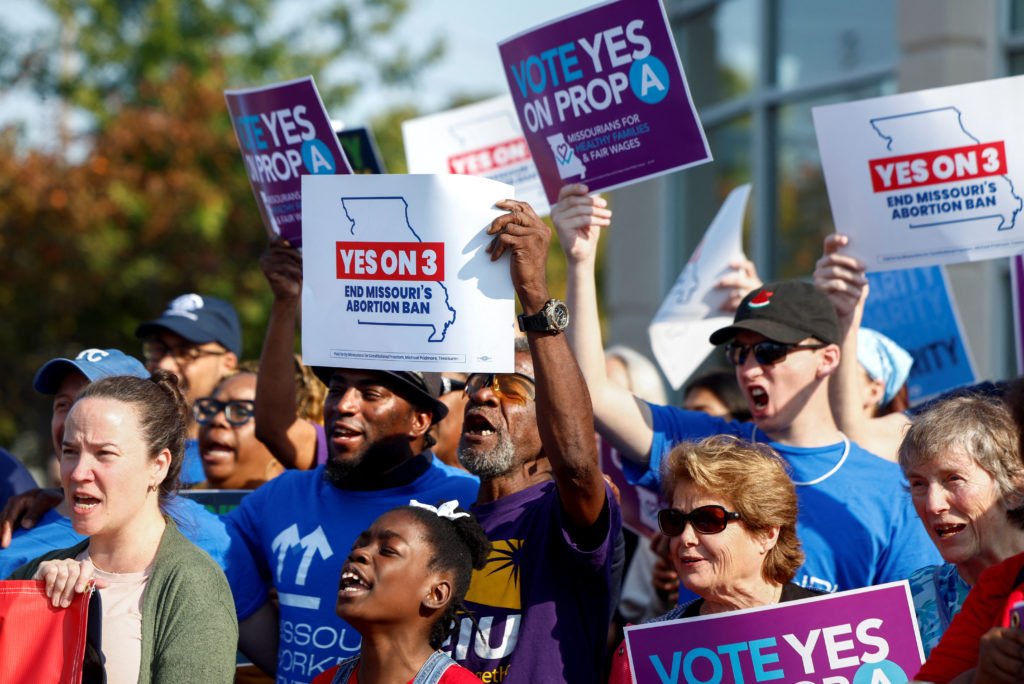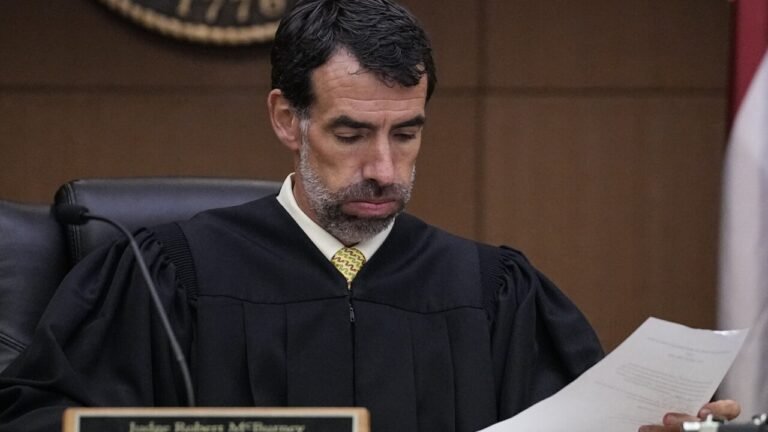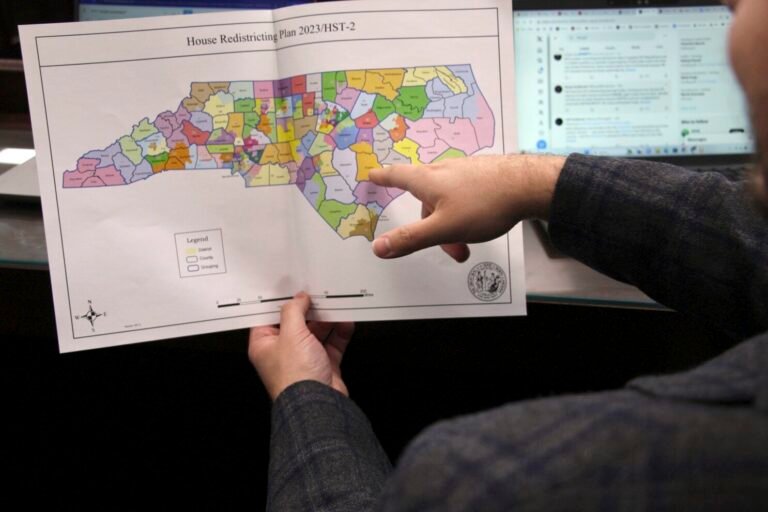Indiana’s Abortion Crackdown Draws National Backlash as Critics Warn of “Reproductive Police State”
INDIANA — A newly surfaced Indiana Department of Health report is drawing fierce backlash from reproductive rights advocates, who say it outlines a disturbing model for state surveillance and punishment of abortion patients, doctors, and even hospitals.
Though only two legal abortions were reported in Indiana during the first quarter of 2025, the state has released a sweeping plan to intensify monitoring, enforcement, and prosecution efforts targeting any remaining abortion access — sparking concerns the U.S. is entering what some call a “reproductive police state.”
State database tracks abortions like death certificates
The new report introduces expanded use of Indiana’s official vital records database — known as the Database Registration of Indiana’s Vital Events (DRIVE) — to include abortion reports alongside birth and death records.
The plan, as outlined in official IDOH documentation, suggests abortion procedures could soon be handled like public records, opening the door to potential privacy violations.
Abortion advocate and journalist Jessica Valenti warned, “They’re trying to make pregnancy surveillance look ordinary. Boring. That’s what makes it terrifying.”
Doctors and hospitals face punishments for noncompliance
The Indiana Department of Health will fine hospitals and penalize doctors who fail to report abortion-related data to the state. It is also increasing coordination with the state’s licensing agency and attorney general to pursue enforcement.
Providers must prove that each abortion falls under strict legal exceptions: life-threatening cases, fatal fetal abnormalities, or verified sexual assault.
Even then, the state will review every case to determine if women “deserved” the care — raising fears that clinics may be targeted for political reasons, not medical ones.
Medical education could be weaponized
Buried in the IDOH report is a note that Indiana plans to launch Continuing Medical Education (CME) courses on abortion law compliance. Critics say the courses could be influenced by anti-abortion groups like the American Association of Pro-Life Obstetricians and Gynecologists (AAPLOG).
“There’s a real danger these CME programs won’t be about education — they’ll be about indoctrination,” Valenti wrote on her Abortion, Every Day newsletter.
Other states also drawing concern
South Carolina has seen a 63% drop in abortions since enacting stricter bans, prompting Republican lawmakers to claim “victory.” But Planned Parenthood South Atlantic pushed back, noting that the drop only reflects patients traveling elsewhere, not a reduction in demand.
“We’ve just changed where it happens,” said Vicki Ringer, director of public affairs. “South Carolina lawmakers want women to suffer before they can access care.”
Meanwhile, Wisconsin activists are celebrating the state Supreme Court striking down an 1849 abortion ban — but warn that constitutional protections still don’t exist, and new bans could be passed.
In Missouri, even after voters passed a pro-choice ballot measure, the Republican attorney general has continued to file appeals to block clinics. Kansas City’s Planned Parenthood only resumed care after a court temporarily overruled the ban.
Planned Parenthood fights back against defunding threat
Amid national concern, Planned Parenthood is also battling what it calls a “backdoor abortion ban”. A provision in the recent federal budget — signed by Trump on July 4 — would defund abortion providers.
A federal judge issued a temporary injunction, but a full hearing is set for July 21 to decide whether the block will hold.
Planned Parenthood warned that one in four abortion clinics nationwide could be shuttered if the measure is upheld.
“There are no other providers who can fill the gap,” the organization stated.
Impact beyond clinics: Education, migration, and women’s safety
The consequences are spreading beyond health centers:
- Medical students and young professionals are avoiding abortion-ban states entirely, impacting workforce pipelines and costing states over $130 billion annually, according to WSJ and AED data.
- In Illinois, DePaul University deactivated a student contraceptive group that distributed emergency birth control off-campus. Students now operate covertly to avoid school sanctions.
- In Georgia, the Atlanta Journal-Constitution reported that abortion bans have even undermined end-of-life medical wishes in tragic cases like Adriana Smith’s.
What comes next
Advocates say these developments prove that the end of Roe wasn’t the end of abortion rights battles — it was the beginning of state-by-state reproductive policing. What’s happening in Indiana, South Carolina, and Missouri may soon spread further.
“They’re building the architecture of control one document at a time,” Valenti warns. “And most people won’t notice — until it’s too late.”
Are you a healthcare worker, student, or resident seeing reproductive restrictions in your state? Share your experience at saludastandard-sentinel.com — your voice matters.







